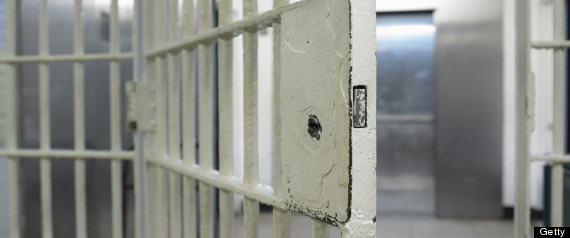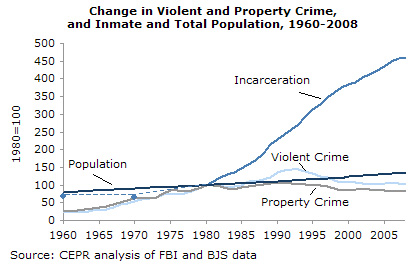We are all Indians to the fossil fuel cowboys, but this time the Indians won. The U.S. Senate yesterday rejected the Keystone XL pipeline. It won’t end there, but it should, because solar power is cheaper, faster, cleaner, and actually does bring jobs to the U.S.

Picture from US Uncut
Of course, TransCanada has a backup plan for getting its dirty Alberta tar sands oil to overseas market: a pipeline entirely through Canada to New Brunswick. Which means the past several years of TransCanada insistence that Keystone XL was necessary was just so much bs. Which indicates how much we should believe other Keystone XL claims, such as those about jobs the pipeline would supposedly create.
Angelo Young, International Business Times, 8 October 2014, No Keystone XL Pipeline? No Problem, Says Canadian Firm Planning To Send Crude East Instead Of South, Continue reading








